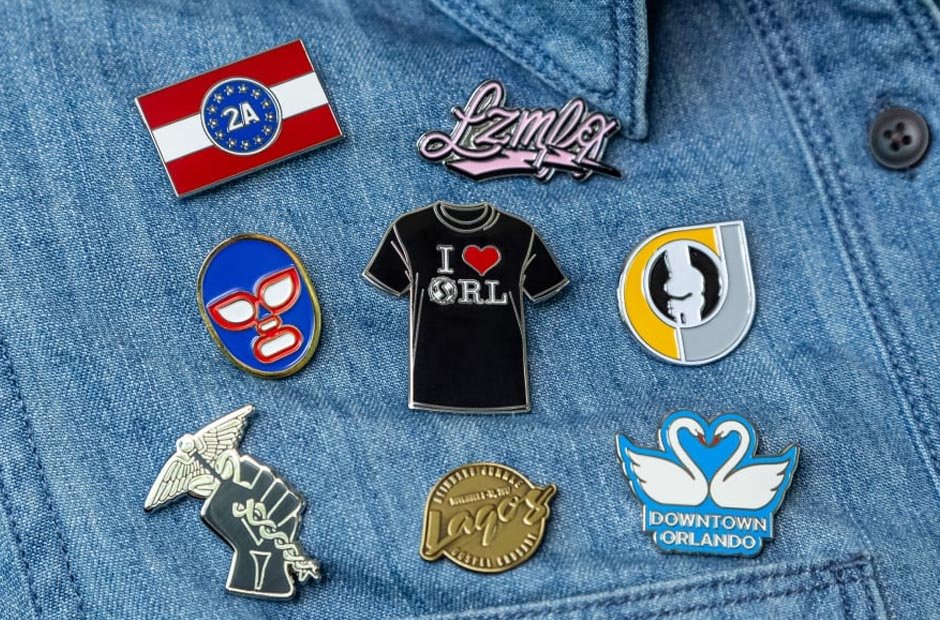Social media has changed dramatically during the last two decades. From Orkut’s rise and fall to Facebook’s domination, and now the rapid rise of TikTok, Instagram, and others, it is evident that this dynamic landscape is constantly changing. Looking ahead to 2025, it is impossible to anticipate what new platforms may emerge or how user behavior will change. However, certain trends and technology are already influencing the future of social media. From AI-powered content production to the growing relevance of social commerce, here’s a look at the significant changes that will shape social media in the next years.
AI-Powered Content Creation
Artificial intelligence is no longer a future concept; it is now an essential component of social media content generation. According to a recent survey, 75% of people have already used generative AI (GenAI) technologies in some way. The applications of AI are numerous, but one of the most important is content creation. AI may help marketers streamline the creative process by generating text, graphics, and even video content.
Tools such as ChatGPT, Google Gemini, and other GenAI technologies enable social media administrators to create high-quality content in less time. This efficiency not only saves resources, but also allows businesses to focus more on community involvement and follower growth. In 2025, we can expect AI to become even more advanced, creating more tailored, targeted content at scale and altering how marketers connect with their audiences.
AI-powered Marketing Analytics
Marketing analytics have long been considered a vital component of any effective social media strategy. Social media managers use engagement data (likes, shares, comments, and click-through rates) to guide their content calendars. However, as artificial intelligence advances, it is becoming an indispensable tool for bringing these insights to the next level.
AI’s capacity to examine vast datasets and identify patterns might help brands make better campaign decisions. Platforms such as Sprout Social already use AI to improve marketing insights, but the future promises far more advanced AI capabilities. In 2025, expect AI-powered solutions that can not only monitor your present social media performance, but also foresee future trends and make proactive recommendations. This predictive capability will be game-changing for marketers looking to remain ahead of the competition.
The Growth of Long-Form Content
In a world dominated by TikTok, Instagram Reels, and YouTube Shorts, short-form video has emerged as the preferred medium for engagement. Surveys regularly reveal that customers prefer short, snackable material that is easy to consume and share. As a result, marketers are increasingly focusing on short-form video as an important component of their strategy.
However, there is a shift occurring beneath the surface. Despite the popularity of short-form material, there is an increasing need for longer videos. TikTok and other platforms are pushing the boundaries of what constitutes “short-form” content by experimenting with lengthier films. TikTok increased their video length limit to 30 minutes in early 2024, indicating a push toward more immersive content.
While the rise of short-form video shows no signs of slowing, long-form content is expected to regain popularity in 2025. Audiences are increasingly accustomed to longer, more meaningful interactions, particularly in categories such as educational material, narrative, and in-depth product reviews. Brands that grasp the balance of short clips and extended videos will thrive.
Social Commerce: Shopping Directly from Social Platforms.
The concept of shopping via social media is not new, but it is fast gaining popularity. In 2023, 106.8 million people in the United States made purchases via social media platforms, a figure that is predicted to increase by more than 10% by 2027. TikTok, Instagram, and Facebook all include shopping tools that allow consumers to buy things right from their feeds.
This is a fundamental shift in consumer behavior. Social media is no longer only a way to connect with friends and consume content; it’s also become an important element of the purchasing experience. For brands, this means that e-commerce strategy must be intimately linked to their social media presence. As social commerce grows, we expect to see increasingly more advanced services that combine entertainment, product discovery, and seamless purchasing into a unified experience.
Social Media as Search Engines
Another key trend is the increasing use of social media platforms as search engines. Younger audiences are increasingly using platforms like Instagram and TikTok to search for information, explore products, and even find answers to common problems. In fact, according to Google’s senior vice president, 40% of young people now use Instagram or TikTok as their primary search engine, rather than traditional search engines like Google.
This trend emphasizes the importance for brands to optimize their social media content for search. Understanding the discovery features of various platforms and adapting material to search intent will be critical in 2025. Brands that successfully incorporate SEO methods into their social media marketing efforts will gain a competitive advantage in this changing marketplace.
Authenticity and Genuine Connections
Consumers want more true, human connections in an overcrowded and often impersonal digital arena. According to research, people are increasingly drawn to genuine and approachable material, with many preferring to see real customers or employees in social media posts rather than polished celebrity endorsements or highly managed company messaging.
This shift is leading brands to prioritize openness and authenticity. Content that informs, educates, or entertains without directly promoting sales is increasing popularity. This trend toward authenticity is likely to accelerate by 2025, as customers desire more honest and humanized brand interactions. Social media marketers will need to prioritize developing genuine relationships with their fans over merely pushing things.
Conclusion
As we look ahead to 2025, social media will continue to evolve in both fascinating and unforeseen ways. AI-powered content creation and marketing analytics will streamline workflows, making it easier for firms to engage with their target consumers. Social commerce will further incorporate shopping into the social experience, and platforms will continue to erode the distinction between entertainment and retail. Long-form material will make a comeback, and social media platforms will increasingly serve as search engines.
At the heart of these developments, however, is an increasing yearning for authenticity. Consumers want authentic connections, and brands that promote genuine engagement over transactional encounters will succeed. The future of social media is more than simply technology; it is about cultivating real relationships in a digital world.

















